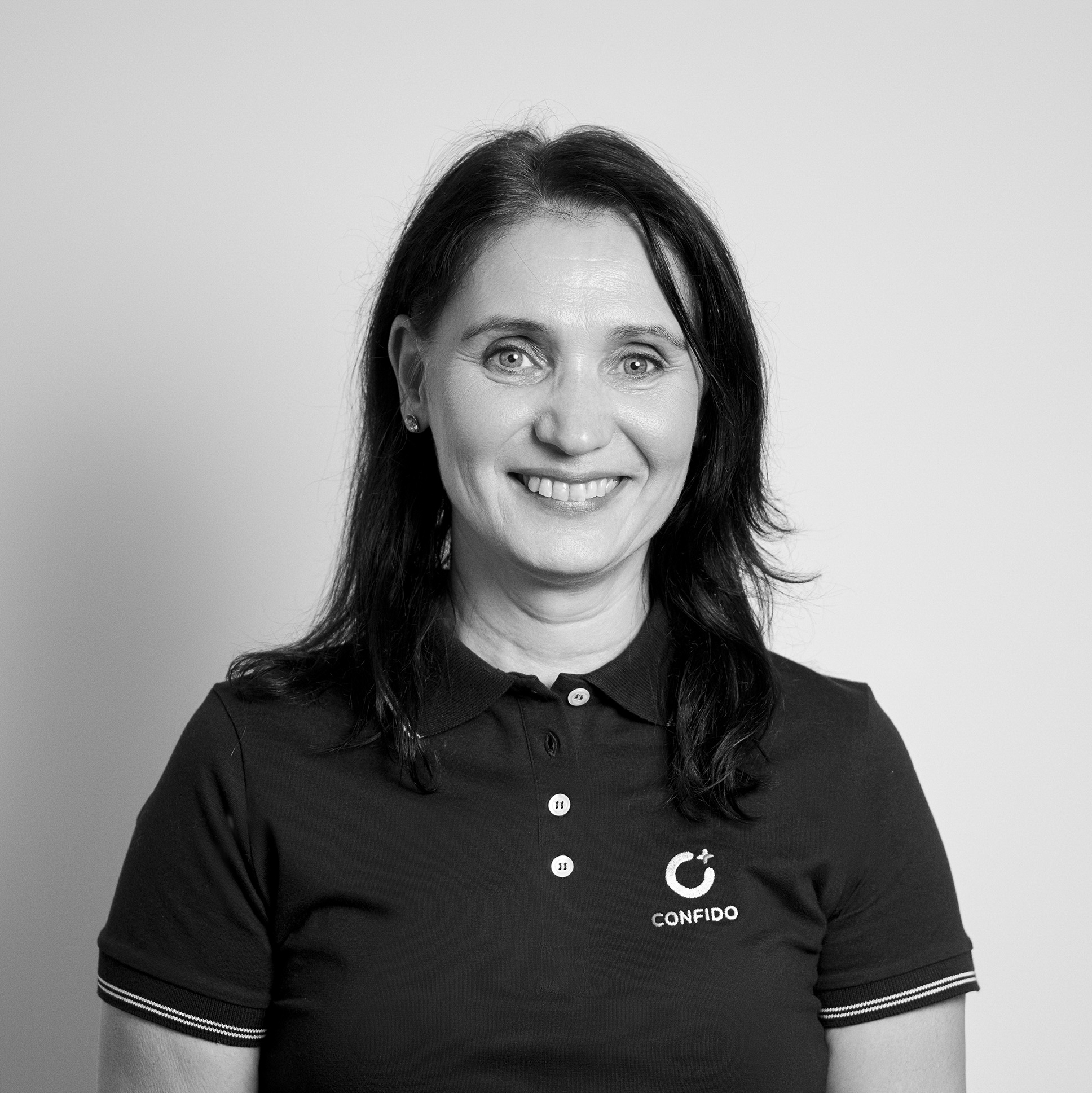-
Analyses, examinations, procedures 21
-
Vaccination 17
- Vaccination against tick-borne encephalitis
- Vaccination against chickenpox (as of 12 months old)
- Vaccination against diphtheria, tetanus, whooping cough
- Vaccination against hepatitis A
- Vaccination against hepatitis A and B (>16 y/o)
- Vaccination against hepatitis B
- Vaccination against HPV
- Vaccination against measles, mumps and rubella (MMR)
- Vaccination against meningococcal disease
- Vaccination against pneumococcal disease
- Vaccination against poliomyelitis
- Vaccination against rabies (upon ordering vaccine)
- Vaccination against rotavirus
- Vaccination against SARS coronavirus
- Vaccination against the flu
- Vaccination against typhus (as of 2 y/o)
- Vaccination against yellow fever
-
Vaccination 17
- Diet 17
- Massage 11
-
Physiotherapy, rehabilitation 10
- Physiotherapist consultation and therapy
- Consultation with a women’s health physiotherapist
- Physiotherapy for pregnant women 
- Pelvic floor muscle therapy package
- Diastasis therapy package
- Therapeutic gymnastics
- Postnatal ultrasound screening
- Physiotherapist appointment for children
- Biofeedback therapy
- Child motor development test
Child motor development test
Look for appointment timesMore and more concerned parents whose child’s motor development in the first year of life is delayed or whose acquisition of motor skills is not progressing in the usual order are coming to see a physiotherapist. In such situations, an objective assessment method is helpful, which, in addition to motor skills, evaluates the quality of movements. A popular assessment model in the Nordic countries for this purpose is the SOMP test.
The SOMP test (the Structured Observation of Motor Performance) is designed to assess the level and quality of motor development of premature and full term children aged 2-10 months.
The test originated from the clinical practice of Swedish physiotherapist Kristina Persson.
The assessment is based on the spontaneous and intentional movements of the child. The aim of the test is to determine the child’s higher level of motor performance and to detect deviations in the quality of motor performance. The results of the assessment simplifies the decision on the need for therapy and are important for planning further action. Poorer quality of movement indicates a greater risk of developmental disorders.
Earlier assessment of the quality of movements identifies children who require regular physiotherapy and systematic monitoring by a physiotherapist.
How is the test performed?
The test protocol consists of detailed descriptions of motor performance. Descriptions are prepared for five basic positions – lying on the back, lying on the stomach, sitting, standing, moving. Fine motor skills are also described. The descriptions of the first two main positions are further divided into descriptions of different body parts – head, upper limbs, trunk, lower limbs – and their movements, while the descriptions of the remaining three main positions address the body as a whole. The fine motor scale focuses on movements of the hands and fingers. These descriptions are grouped as a so-called ascending developmental scale, keeping in mind the principles of the child’s normal motor development.
There are a total of 12 scales in the protocol. The quality of motor performance depends on several factors, such as the infant’s motivation to move, cognitive factors, the quality of muscle tone and the development of postural control. The highest possible score on the motor development scale is 72 points, and 24 points on the deviation scale. Percentile tables have been created for the objective assessment of the results obtained. By comparing the assessment results with the data in the percentile table, it is possible to draw conclusions about the child’s development in comparison with peers. When planning further activities, depending on the assessment results, it is important to consider each child individually. For example, a child with a low quality of motor performance (a high deviation score) definitely needs physiotherapeutic intervention.
The test consists of two 30 minute visits, during the first visit a test is performed and during the second the test results are interpreted and a further action plan is established.
Please make sure you come to the appointment with a healthy, well-fed, rested and cheerful child. If your child’s daily schedule has not been taken into consideration when booking an appointment, the test may fail.
Service providers
Locations
Price
Child motor development test
We have several payment options. Read more HERE.

